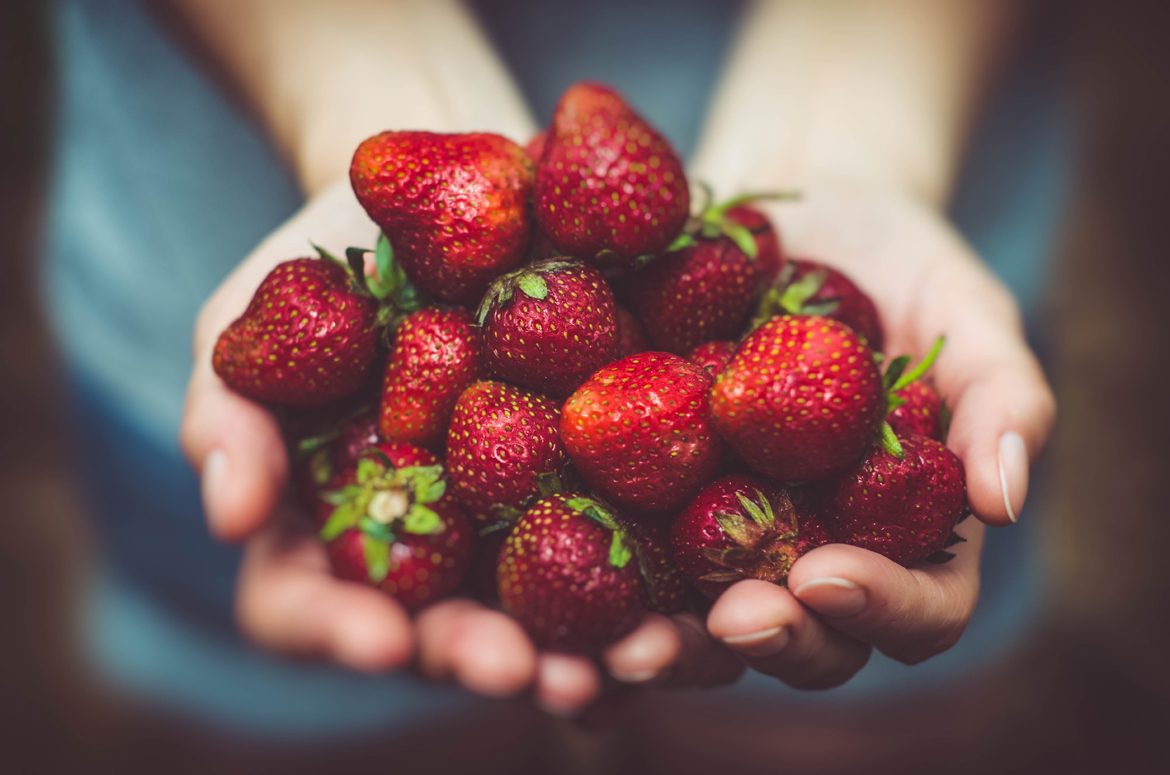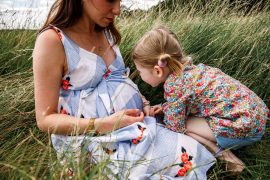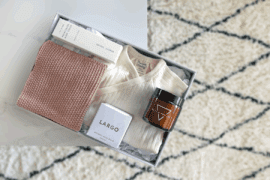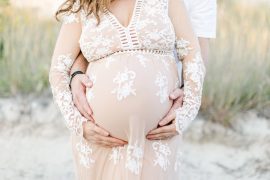Because you had an allergy free life, will your child too?
For millions of people in the world today, a simple dinner at a restaurant can be fatal. A trace of hazelnut in a pudding, a bit of cheese that fell into a sauce – a heavy burden for anyone to bear, let alone the children whose lifestyles must be severely and frustratingly curbed to avoid all these potential hazards.
Clinical food allergies affect 10% of children under the age of one and 4-8% of children up to the age of five1; and the effects on families having a child with a food allergy are significant. Constant vigilance is required to help reduce the risk of anaphylaxis with some parents having to delay returning to work because of the extra time needed to find and prepare safe food, as well as treat the eczema which many children with food allergies also have.
Despite significant efforts, these numbers are still on the rise. According to a study released in 2013 by the Centers for Disease Control and Prevention, food allergies among children increased approximately 50% between 1997 and 2011.2
While there is plenty of information to indicate that your diet during breastfeeding could affect allergy development (due to the transfer of antibodies from milk to the child), there is little mention of this during the pregnancy period. A recent study conducted by xtend-life.com*, examined behaviors of 400 mothers for the purpose of better understanding this growing phenomenon.
Uncaring or uneducated?
According to the study, a significant number of pregnant women are not concerned of the impact their diet could have on their child’s allergy risk. The study showed that 72.2% of women were either not concerned or little concerned about the effect their diet during pregnancy would have on their child’s allergies later in life.
From the study, there seemed to be a recurring theme. Most mothers (even those who were concerned about their diet), either gave little or no thought to the potential effect their diet could have on allergy development. It seems that those who did or were advised by a health professional, did little to adjust it; with only 5% of surveyed women adjusting their diet because they were advised by their health professional.
“I was very concerned with diet and eating healthy. I took prenatal vitamins from the first day I found I was pregnant. (However), not having food allergies myself, I never considered whether or not they could become an issue.“

It seems this high statistic comes down to a lack of education around allergy development and prevention; with 42% of mothers believing that no food allergies could not be prevented during pregnancy.
“I read about this while pregnant and didn’t change anything concerning allergens while I was pregnant but tried to follow infant dietary guidelines (post-delivery) to avoid allergy development…“
Is this belief correct? Do allergies only develop after birth? What are the facts?
References
- 1 http://www.allergy.org.au/patients/food-allergy/food-allergy
- 2 http://www.foodallergy.org/file/facts-stats.pdf
*The conducted study allowed for participants to select multiple answer options. This is reflected in the final collection data, with resulting total percentages greater than 100%.
For more on this head to the full article.












